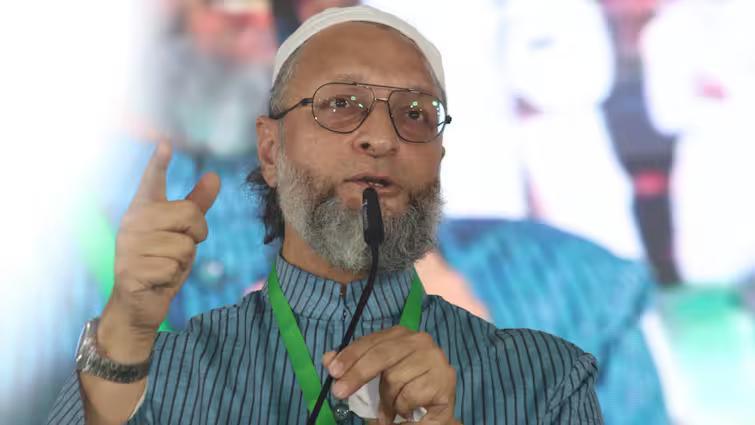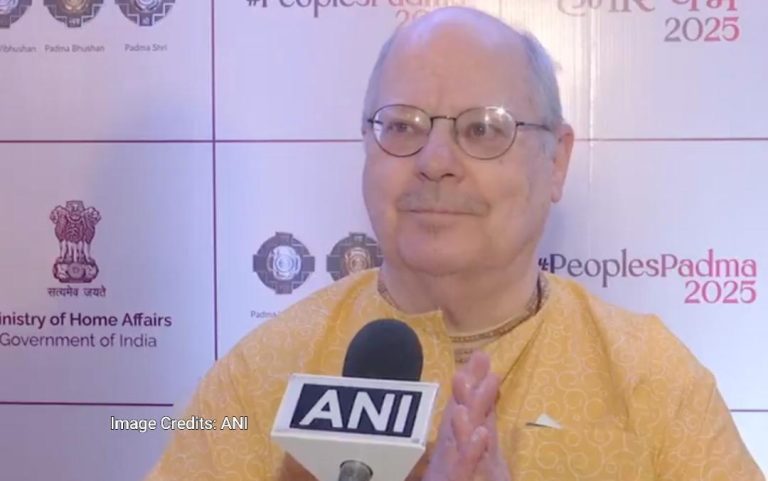
Pak acted like ISIS, India won’t sit quietly: Owaisi on J&K attack
The recent Pahalgam terror attack in Jammu and Kashmir, which left 26 people dead, has sent shockwaves across the country. In the aftermath of the brutal attack, AIMIM chief Asaduddin Owaisi has made a scathing remark against Pakistan, saying that the neighboring country acted like the terrorist organization ISIS. The statement comes as a strong warning to Pakistan, implying that India will not tolerate such attacks and will take necessary measures to protect its citizens.
Owaisi’s comments were made in response to the Pahalgam attack, which was carried out by terrorists on April 22. The attack, which was widely condemned by the international community, was the deadliest in Jammu and Kashmir in recent years. The victims included civilians, tourists, and even some local residents who were in the area for a picnic.
In his statement, Owaisi said, “Pakistan acted like ISIS. If they enter a country and kill innocent people, that country will not sit quietly.” His remarks were seen as a strong indictment of Pakistan’s role in the Pahalgam attack, which many believe was orchestrated by Pakistan-based terror organizations.
Owaisi’s comments also highlighted the disparity in military budgets between India and Pakistan. He pointed out that Pakistan’s budget is not even equal to India’s military budget, implying that India has the capability and resources to take on Pakistan if needed.
The Pahalgam attack has raised concerns about the security situation in Jammu and Kashmir, which has been plagued by terrorism and violence for decades. The attack has also sparked a political debate, with many politicians and experts calling for stronger measures to tackle terrorism in the region.
Owaisi’s statement has been welcomed by many in India, who see it as a strong warning to Pakistan against any further attacks on Indian soil. The statement has also been criticized by some, who argue that it is not the right approach to tackle the complex issue of terrorism.
Despite the criticism, Owaisi’s statement has sent a clear message to Pakistan that India will not tolerate any attacks on its citizens. The statement has also underlined the need for stronger international cooperation to tackle terrorism, which is a global phenomenon that requires a collective response.
The Pahalgam attack has also raised questions about the effectiveness of the security measures in place in Jammu and Kashmir. The attack has highlighted the vulnerability of tourist destinations in the region, which are often targeted by terrorists.
In the aftermath of the attack, the Jammu and Kashmir administration has announced a series of measures to improve security in the region. The measures include increased security presence, strict surveillance, and enhanced coordination between security agencies.
The Pahalgam attack has also sparked a debate about the role of Pakistan in promoting terrorism in the region. Many experts believe that Pakistan has been using terrorism as a tool to further its strategic interests in the region.
Pakistan’s role in promoting terrorism in the region has been a major concern for India and other countries in the region. The country’s support to terrorist organizations, including the Lashkar-e-Taiba and the Jaish-e-Mohammed, has been widely documented.
In conclusion, Owaisi’s statement has sent a strong message to Pakistan that India will not tolerate any attacks on its citizens. The statement has also highlighted the need for stronger international cooperation to tackle terrorism, which is a global phenomenon that requires a collective response.






